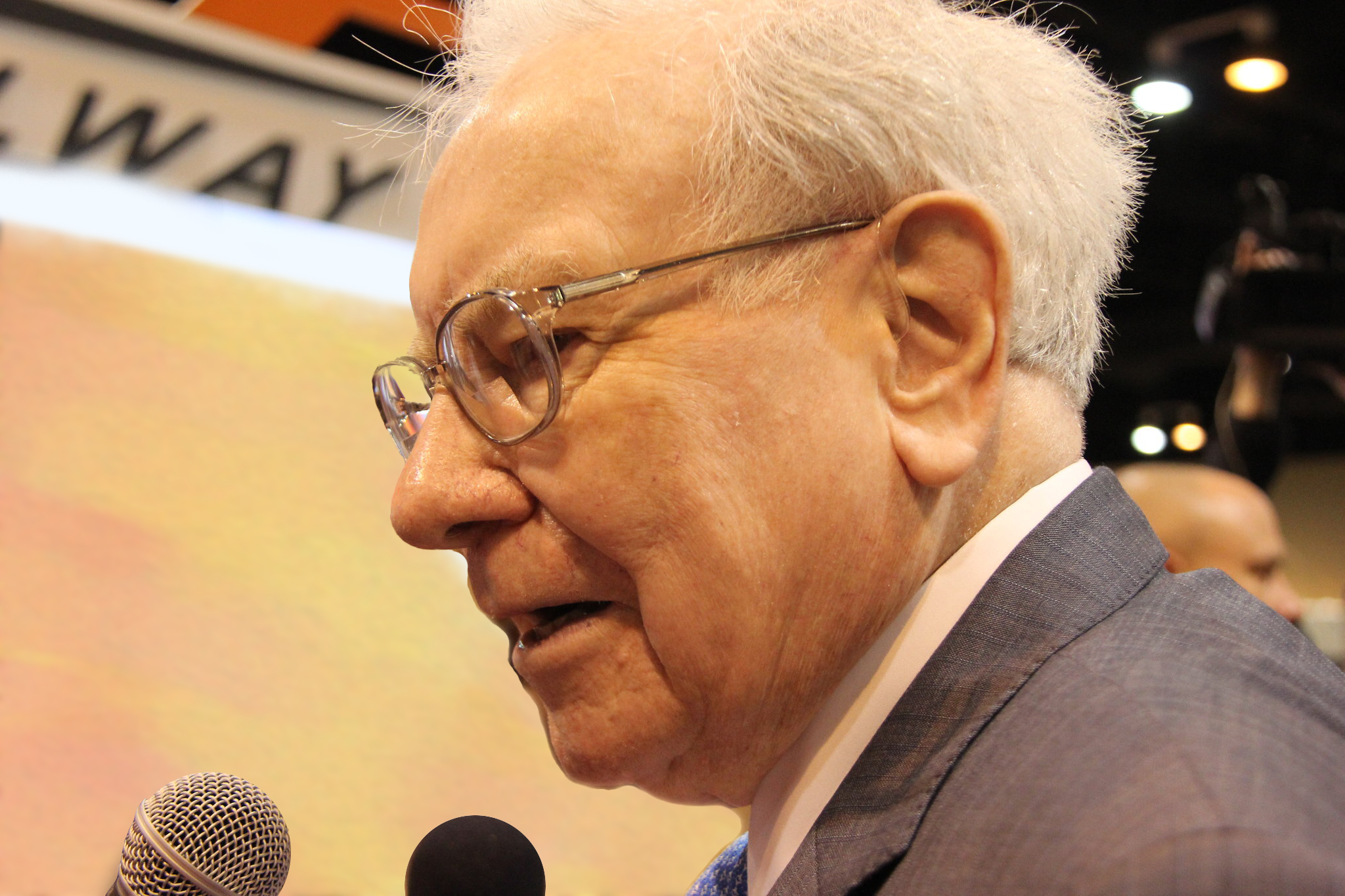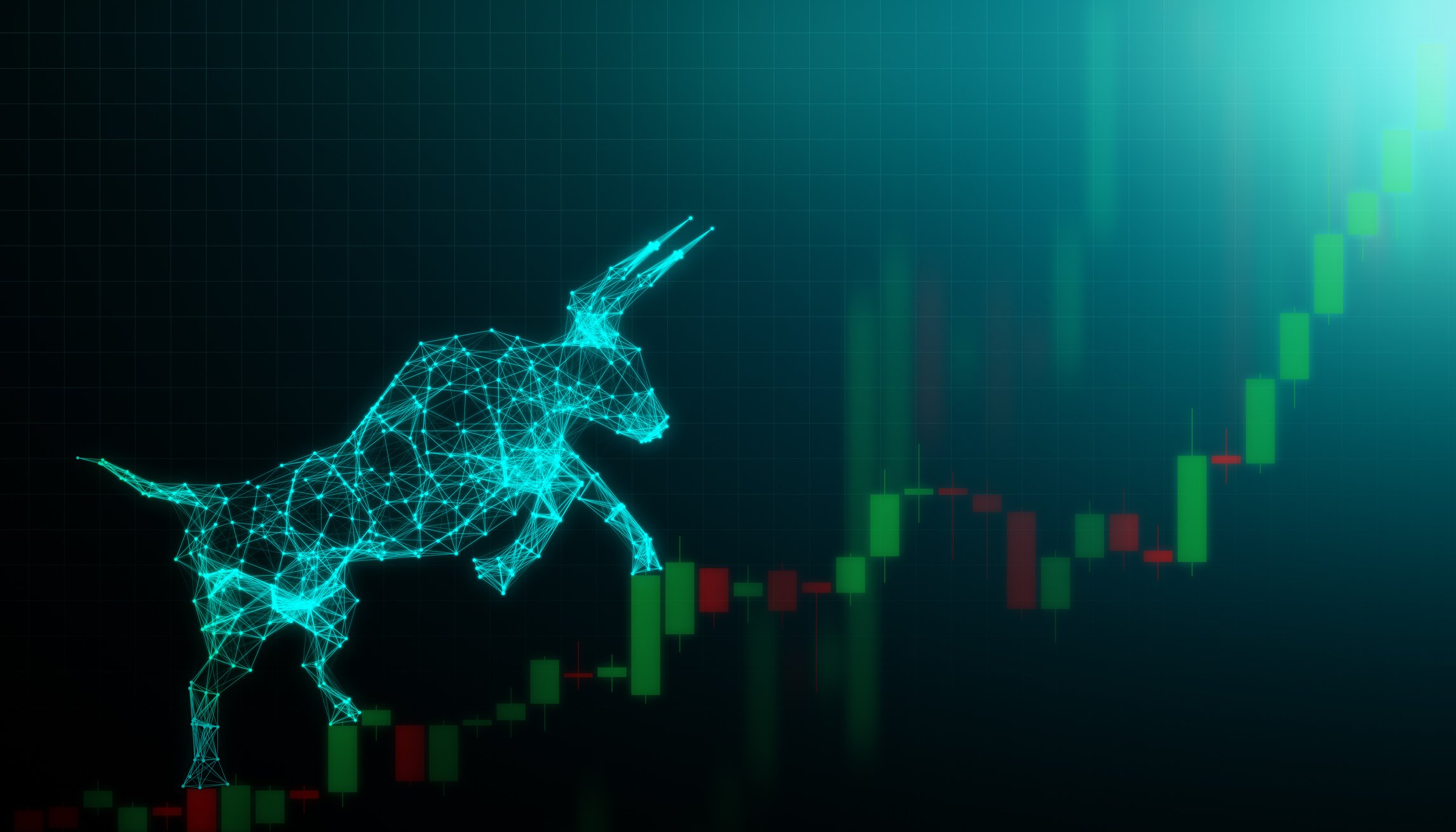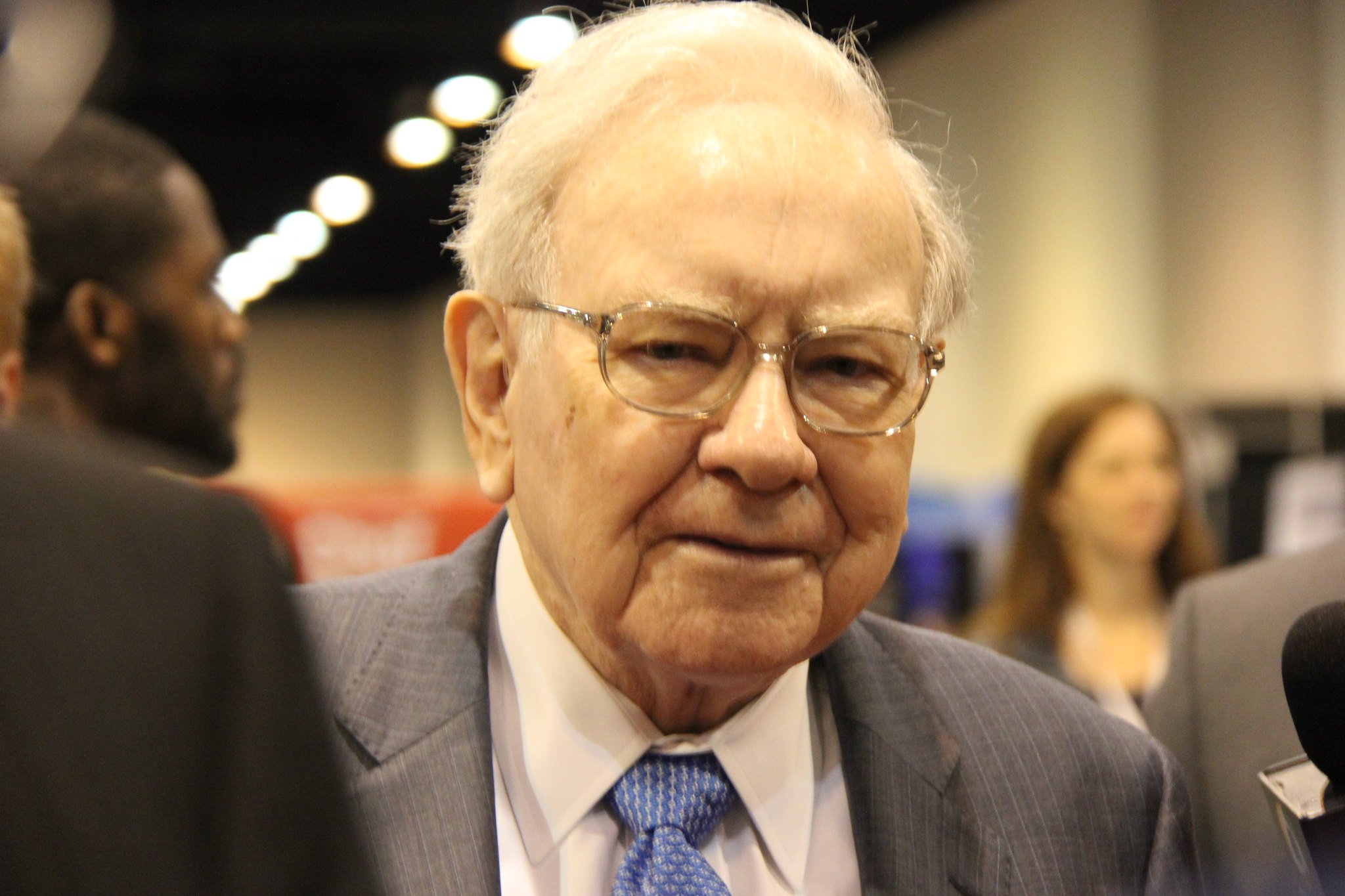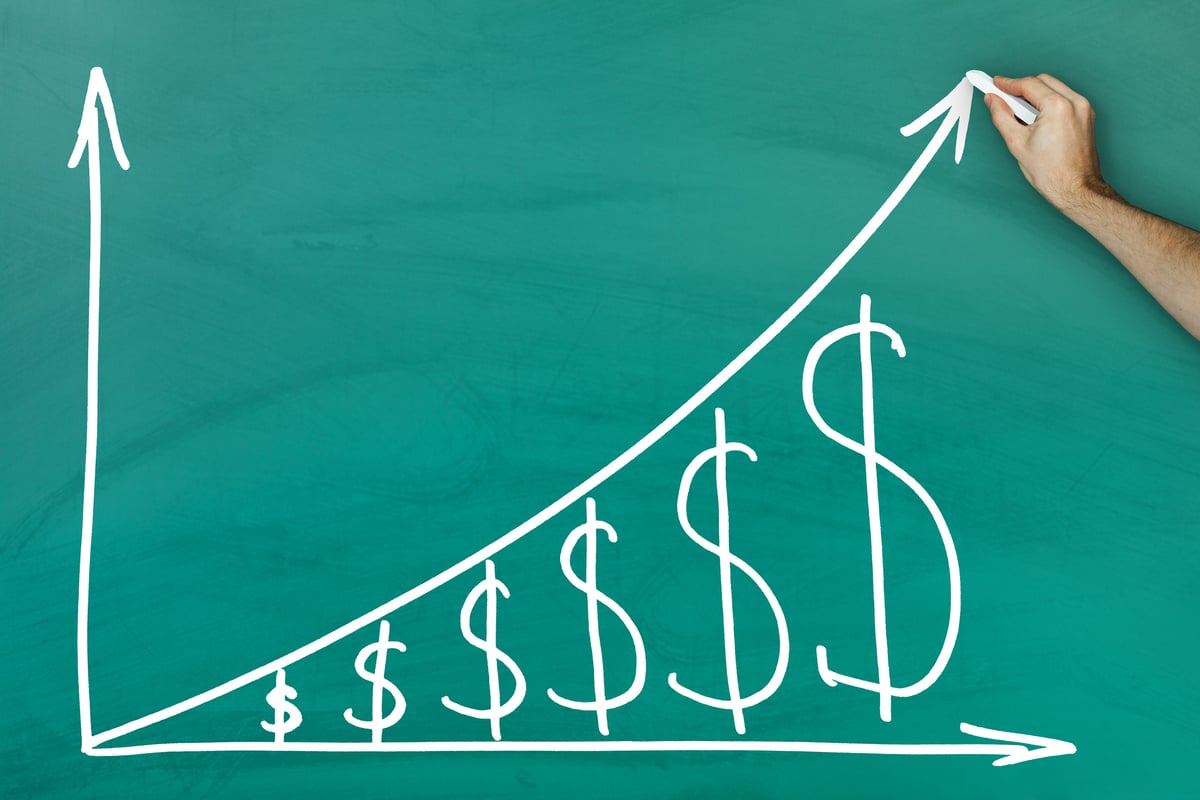For roughly 18 months, the bulls have been in charge on Wall Street. All three major stock indexes have vaulted to new all-time highs, with the "Magnificent Seven" leading the charge.
But it hasn't been a straight shot higher for Wall Street and investors -- even if that's what the last 18 months would appear to suggest. The iconic Dow Jones Industrial Average, broad-based S&P 500, and growth-focused Nasdaq Composite have all endured two bear markets since this decade began.
Even though stock market corrections are unpredictable and can, at times, be scary, they've historically provided an opportunity for long-term investors to put their money to work in high-quality companies at a discount. Since every bear market and stock correction throughout history has eventually put into the proverbial back seat by a bull market rally, it effectively means any time can be ideal to invest your money on Wall Street if you have a long-term mindset.

Image source: Getty Images.
Making matters even better is the fact that most online brokers have ditched barriers that had previously kept retail investors on the sideline. Gone are the days of minimum deposit requirements and commission fees. This means any amount of money -- even $1,000 -- can be the perfect amount to put to work.
If you have $1,000 that's ready to invest, and this is cash you clearly won't need to pay bills or cover emergency expenses, the following three stocks stand out as no-brainer buys right now.
Berkshire Hathaway
The first exemplary stock with a nearly six-decade track record of running circles around the benchmark S&P 500 that can confidently be purchased right now with $1,000 is conglomerate Berkshire Hathaway (BRK.A +0.15%)(BRK.B 0.42%). I'm specifically talking about the Class B shares (BRK.B) shares, since a single Class A share (BRK.A) will set investors back almost $618,000!
Although past performance is no guarantee of future results, it's hard to overlook that CEO Warren Buffett has practically doubled up the average annual total return of the S&P 500 since the mid-1960s. The formula behind Buffett's ongoing success boils down to his love of cyclical businesses, dividend payers, and share buybacks.

NYSE: BRK.B
Key Data Points
The 44-stock, $376 billion investment portfolio Buffett oversees for Berkshire Hathaway is packed with cyclical businesses in the financial, technology, and energy sectors. Cyclical businesses ebb-and-flow in lockstep with the U.S. and global economy. Even though the Oracle of Omaha and his investment team recognize that recessions are both a normal and inevitable part of the economic cycle, they wisely understand that downturns are short-lived. Rather than foolishly (with a small 'f') trying to guess when recessions will occur, Buffett has positioned Berkshire's portfolio for success during disproportionately long periods of growth.
Since Buffett and his top investment advisors, Ted Weschler and Todd Combs, tend to put their money to work in time-tested, profitable businesses, many of the 44 stocks Berkshire Hathaway holds in its $376 billion portfolio are paying a dividend. Over the last 50 years, dividend stocks have more than doubled up the average annual return of non-payers, based on a 2023 report from the investment advisors at Hartford Funds.
Lastly, Warren Buffett is a huge fan of purchasing shares of his own company's stock. Since the criteria governing share buybacks was amended by Berkshire's board in July 2018, Buffett has overseen the repurchase of more than $77 billion worth of his company's shares.
For companies with steady or growing net income (like Berkshire Hathaway), buybacks can lead to an increase in earnings per share. Moreover, buybacks are slowly but surely increasing the ownership stakes of long-term investors in Buffett's company.

NASDAQ: BIDU
Key Data Points
Baidu
For growth- and-value-seeking investors, a second no-brainer stock that's begging to be bought right now with $1,000 is China-based Baidu (BIDU +0.77%). Although China's economy hasn't bounced back from years of stringent COVID-19 lockdowns as quickly as expected, Baidu has a number of very clear long-term catalysts working in its favor.
The clearest competitive advantage Baidu brings to the table is its dominant role in internet search. Based on data provided by GlobalStats, Baidu's search engine has pretty consistently accounted for between 50% and 85% of China's internet search share over the trailing decade. Since it's the clear go-to for advertisers, Baidu should be privy to strong ad-pricing power and benefit from lengthy economic expansions.
To add to the above, China's economy should find its stride sooner than later. Though it's taking time to work out the supply chain kinks associated with more than three years of provincial COVID-19 lockdowns, the country's burgeoning middle class can provide the spark that allows China to outpace other developed countries in the growth department. This is also excellent news for Baidu's foundational search engine.
However, the bulk of Baidu's future cash flow growth is liable to come from its various ventures into artificial intelligence (AI). In particular, the company's AI Cloud ranked fourth in domestic cloud infrastructure service market share, as of the first quarter of 2023. With businesses still very early in their cloud spending ramp, AI Cloud can be counted on to deliver meaningful cash flow growth in the latter half of the decade.
Investors would also be wise not to overlook Baidu's cash-rich balance sheet. As of the end of March, Baidu's cash, cash equivalents, and various investments totaled in the neighborhood of $26 billion. Cash-flow machines with a massive treasure chest that can fuel AI innovation, which also have forward price-to-earnings (P/E) ratios of less than 8, don't grow on trees.

Image source: Getty Images.
Mastercard
A third no-brainer stock that can be eagerly scooped up by opportunistic investors with $1,000 right now is payment-processing colossus Mastercard (MA +0.27%).
The prevailing concern for companies facilitating payments is the health of the U.S. and/or global economy. If a recession takes shape, it's pretty much a forgone conclusion that consumers and businesses are going to spend less, which would reduce the fee revenue Mastercard collects from merchants. At the moment, the historic decline we're witnessing in U.S. M2 money supply for the first time since the Great Depression serves as a potential warning to the economy and Wall Street.
But as I pointed out earlier with Berkshire Hathaway, there's a non-linear relationship between recessions and periods of growth. Whereas most recessions resolve in under 12 months, the vast majority of expansions stick around for multiple years. Extended periods of growth undeniably work in Mastercard's favor.

NYSE: MA
Key Data Points
To build on this point, Mastercard's management team has purposefully avoided becoming a lender. While it might seem like a poor decision to give up potential interest income, staying focused on payment facilitation helps Mastercard completely avoid credit delinquencies and loan losses when economic downturns do arise. Not having to set aside capital to cover unexpected losses is a key reason Mastercard's profit margin stays above 40%, and explains why it bounces back from recessions so quickly.
Despite its size ($418 billion market cap), Mastercard can support sustained double-digit sales and profit growth through the remainder of the decade, if not beyond. It's the No. 2 payment facilitator by credit card network purchase volume in the U.S., which is the world's top market for consumption. It also has a clear path to expand its payment infrastructure internationally into chronically underbanked, but fast-growing, emerging markets.
A forecast annualized earnings growth rate of more than 19% through 2028 makes Mastercard a can't-miss buy for growth-seeking investors.






